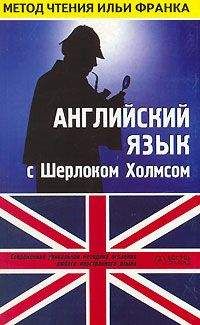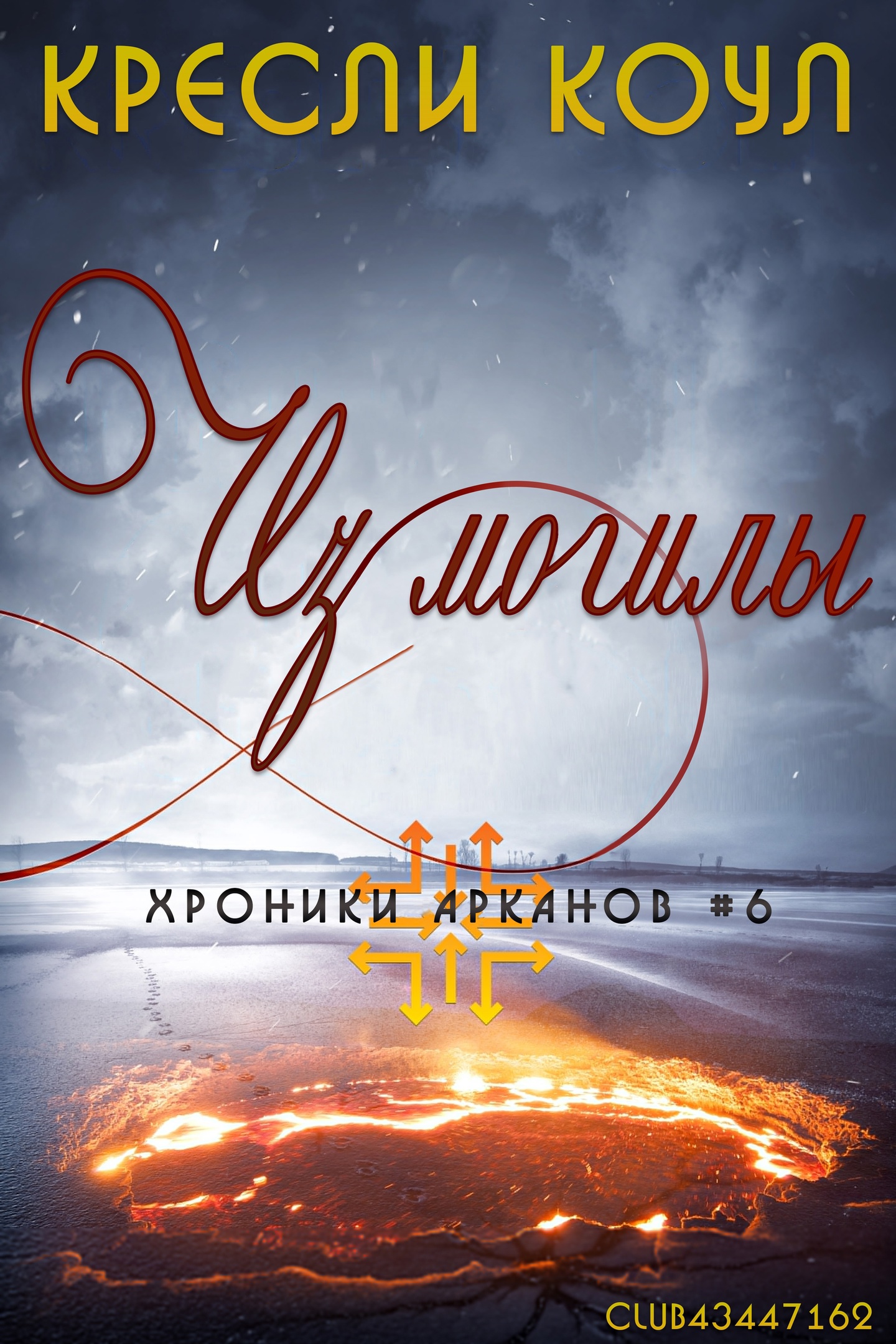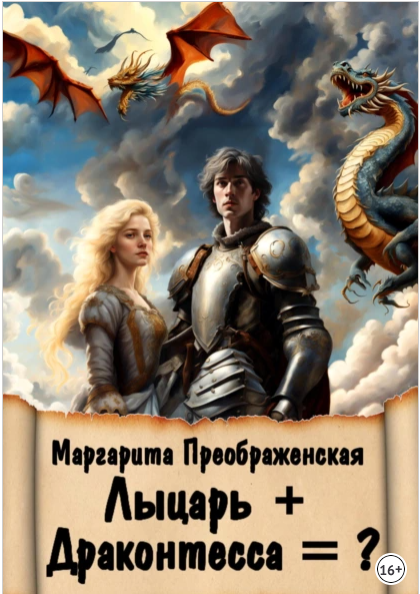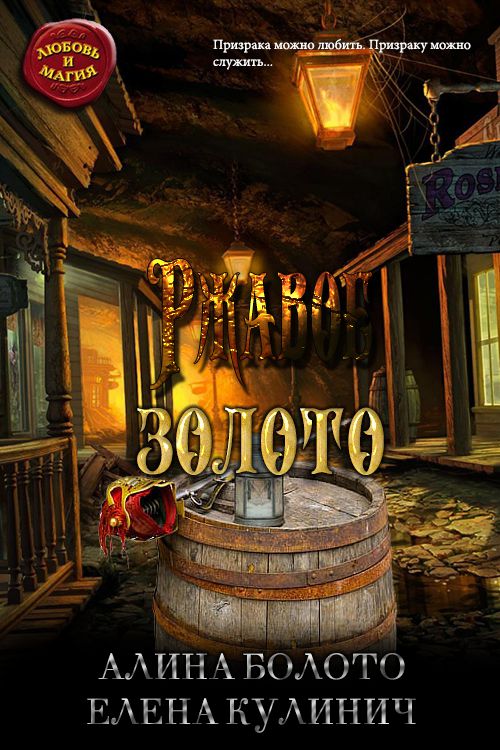Arthur Conan Doyle - Английский язык с Шерлоком Холмсом. Собака Баскервилей (ASCII-IPA)

Помощь проекту
Английский язык с Шерлоком Холмсом. Собака Баскервилей (ASCII-IPA) читать книгу онлайн
"I am afraid, my dear Watson, that most of your conclusions were erroneous. When I said that you stimulated me I meant, to be frank, that in noting your fallacies I was occasionally guided towards the truth. Not that you are entirely wrong in this instance. The man is certainly a country practitioner. And he walks a good deal."
"Then I was right (итак, я был прав)."
"To that extent (в этих пределах; extent — пространство, протяжение; мера, степень, рамки, пределы)."
"But that was all (но это все)."
"No, no, my dear Watson, not all (нет, нет, мой дорогой Ватсон, не все) — by no means all (далеко не все; by no means — никоим образом не; отнюдь не). I would suggest, for example (я бы, например, предположил), that a presentation to a doctor is more likely to come (что, вероятнее всего, такой подарок врач /может/ получить: «такого подарка врач может добиться»; to come — приходить; достигать) from an hospital than from a hunt (от какой-нибудь больницы, а не от охотничьего /общества/), and that when the initials 'C.C.' are placed before that hospital (и что когда перед /словом/ "больница" стоят инициалы " C.C.") the words 'Charing Cross' very naturally suggest themselves (слово "Чаринг-Кросс" очень естественно напрашивается: «предлагает само себя»)."
"You may be right (возможно, вы правы)."
"The probability lies in that direction (это очень похоже на правду; probability — возможность; правдоподобность; to lie — лежать; находиться, заключаться /в чем-либо/; direction — направление). And if we take this as a working hypothesis (и если мы примем это за рабочую гипотезу) we have a fresh basis (мы /будем/ иметь новое основание = мы получим новую отправную точку; fresh — свежий; новый) from which to start our construction of this unknown visitor (с которой начнем воссоздание /образа/ этого неизвестного посетителя; construction — сооружение; истолкование, объяснение)."
"Well, then, supposing that 'C.C.H.' does stand for 'Charing Cross Hospital' (ну, хорошо, предположим, что /буквы/ "C.C.H." действительно означают "больница Чаринг-Кросс"; to do — делать; употребляется для усиления значения действия; to stand for — стоять за; означать), what further inferences may we draw (какие дальнейшие выводы мы можем сделать; to draw — тащить, волочить; делать выводы, выводить /заключение/)?"
"Do none suggest themselves (никакие не предполагаются = а вам никакие на ум не приходят)? You know my methods (вы /же/ знаете мои методы). Apply them (примените их)!"
suggest [[email protected]'dZest], initial [I'nIS(@)l], method ['[email protected]]
"Then I was right."
"To that extent."
"But that was all."
"No, no, my dear Watson, not all — by no means all. I would suggest, for example, that a presentation to a doctor is more likely to come from an hospital than from a hunt, and that when the initials 'C.C.' are placed before that hospital the words 'Charing Cross' very naturally suggest themselves."
"You may be right."
"The probability lies in that direction. And if we take this as a working hypothesis we have a fresh basis from which to start our construction of this unknown visitor."
"Well, then, supposing that 'C.C.H.' does stand for 'Charing Cross Hospital,' what further inferences may we draw?"
"Do none suggest themselves? You know my methods. Apply them!"
"I can only think of the obvious conclusion (мне приходит в голову лишь очевидный вывод: «я могу думать лишь об очевидном выводе») that the man has practised in town (что этот человек практиковал в городе) before going to the country (прежде чем уехать в деревню)."
"I think that we might venture a little farther than this (я думаю, мы могли бы рискнуть /и пойти/ немного дальше «чем это»). Look at it in this light (взгляните на это в таком свете). On what occasion would it be most probable (по какому наиболее вероятному поводу) that such a presentation would be made (мог быть сделан такой подарок)? When would his friends unite (когда его друзья объединились = собрались) to give him a pledge of their good will (/чтобы/ преподнести ему залог своей доброжелательности)? Obviously at the moment (очевидно, в то время: «в тот момент») when Dr. Mortimer withdrew from the service of the hospital (когда доктор Мортимер ушел со службы в больнице; to withdraw — отнимать, отдергивать; уходить) in order to start in practice for himself (чтобы начать /заниматься/ частной практикой: «практиковать для себя»). We know there has been a presentation (мы знаем, /что/ был подарок). We believe there has been a change from a town hospital to a country practice (мы полагаем, что была смена /работы в/ городской больнице на сельскую практику). Is it, then, stretching our inference too far to say (и не зайдут ли наши умозаключения = предположения слишком далеко, чтобы утверждать) that the presentation was on the occasion of the change (что подарок был /сделан/ по случаю этой смены)?"
"It certainly seems probable (это определенно кажется вероятным; certainly — определенно, конечно, несомненно)."
venture ['[email protected]], hypothesis [haI'pOTIsIs], obvious ['[email protected]]
"I can only think of the obvious conclusion that the man has practised in town before going to the country."
"I think that we might venture a little farther than this. Look at it in this light. On what occasion would it be most probable that such a presentation would be made? When would his friends unite to give him a pledge of their good will? Obviously at the moment when Dr. Mortimer withdrew from the service of the hospital in order to start in practice for himself. We know there has been a presentation. We believe there has been a change from a town hospital to a country practice. Is it, then, stretching our inference too far to say that the presentation was on the occasion of the change?"
"It certainly seems probable."
"Now, you will observe (а теперь вы обратите внимание) that he could not have been on the staff of the hospital (что он не мог быть = состоять в штате больницы), since only a man well-established in a London practice (поскольку только человек с серьезной лондонской практикой; well-established — хорошо обоснованный; твердо установившийся) could hold such a position (может занимать такую должность; to hold — держать; занимать /пост/), and such a one would not drift into the country (а такой /человек/ никогда бы не перебрался в деревню; to drift — дрейфовать; смещаться). What was he, then (тогда кем же он был)? If he was in the hospital and yet not on the staff (если он был = работал в больнице и однако не был в штате) he could only have been a house-surgeon or a house-physician (он мог бы быть только хирургом, живущим при больнице или старшим интерном; house-surgeon — старший хирург, живущий при больнице; house-physician — врач, живущий при больнице) — little more than a senior student (/а это/ немногим больше, чем практикант: «студент старших курсов»). And he left five years ago (и он уехал пять лет назад; to leave — оставлять; уезжать) — the date is on the stick (дата /указана/ на трости). So your grave, middle-aged family practitioner (таким образом, ваш солидный семейный доктор средних лет; grave — серьезный; важный, степенный) vanishes into thin air, my dear Watson (растворяется в воздухе, мой дорогой Ватсон; to vanish — исчезать, пропадать; thin — тонкий; разреженный /о воздухе/), and there emerges a young fellow under thirty (а появляется молодой человек, которому нет тридцати), amiable, unambitious, absent-minded (симпатичный, нечестолюбивый, рассеянный; absent — отсутствующий; mind — разум; состояние души/ума), and the possessor of a favourite dog (и владелец любимой /им/ собаки), which I should describe roughly (которая, как я /ее/ приблизительно описал бы; roughly — грубо; приблизительно, на глаз) as being larger than a terrier and smaller than a mastiff (больше терьера, но меньше мастифа)."
staff [stA:f], senior ['si:[email protected]], vanish ['v&nIS]
"Now, you will observe that he could not have been on the staff of the hospital, since only a man well-established in a London practice could hold such a position, and such a one would not drift into the country. What was he, then? If he was in the hospital and yet not on the staff he could only have been a house-surgeon or a house-physician — little more than a senior student. And he left five years ago — the date is on the stick. So your grave, middle-aged family practitioner vanishes into thin air, my dear Watson, and there emerges a young fellow under thirty, amiable, unambitious, absent-minded, and the possessor of a favourite dog, which I should describe roughly as being larger than a terrier and smaller than a mastiff."
I laughed incredulously (я недоверчиво засмеялся) as Sherlock Holmes leaned back in his settee (в то время как Шерлок Холмс откинулся назад на своем диване; to lean — наклонять/ся/) and blew little wavering rings of smoke up to the ceiling (и выпустил в потолок маленькие колеблющиеся кольца дыма; to blow — дуть; выдыхать; to waver — колыхаться, колебаться).
"As to the latter part (что касается последнего утверждения; part — часть; деталь), I have no means of checking you (я не имею возможности проверить вас = вас никак не проверишь)," said I, "but at least it is not difficult (но, по крайней мере, это не трудно) to find out a few particulars about the man's age and professional career (выяснить некоторые детали о возрасте этого человека и его профессиональной карьере; to find out — узнать, разузнать; выяснить; few — мало; несколько, некоторые)." From my small medical shelf (со своей маленькой полки с /книгами/ по медицине) I took down the Medical Directory (я снял Медицинский справочник; to take down — снимать /со стены, полки и т. п./) and turned up the name (и нашел /искомую/ фамилию; to turn up — поднимать вверх; выискивать, находить). There were several Mortimers (там было несколько Мортимеров), but only one who could be our visitor (но только один /из них/, «который» мог быть нашим посетителем). I read his record aloud (запись о нем я прочел вслух).
ceiling ['si:lIN], age [eIdZ], career [[email protected]'[email protected]]
I laughed incredulously as Sherlock Holmes leaned back in his settee and blew little wavering rings of smoke up to the ceiling.
"As to the latter part, I have no means of checking you," said I, "but at least it is not difficult to find out a few particulars about the man's age and professional career." From my small medical shelf I took down the Medical Directory and turned up the name. There were several Mortimers, but only one who could be our visitor. I read his record aloud.
"Mortimer, James, M.R.C.S., 1882, Grimpen, Dartmoor, Devon (Мортимер Джеймс, с 1882 года член Королевского химического общества, Гримпен, Дартмур, графство Девоншир; M.R.C.S. — Member of the Royal Chemistry Society). House surgeon, from 1882 to 1884, at Charing Cross Hospital (с 1882 по 1884 — интерн больницы Чаринг-Кросс). Winner of the Jackson prize for Comparative Pathology (лауреат премии Джексона /в области/ сравнительной патологии; winner — победитель), with essay entitled 'Is Disease a Reversion?' (за работу, «озаглавленную» "Болезни — это атавизм?"; essay — очерк, эссе). Corresponding member of the Swedish Pathological Society (член-корреспондент Шведского Патологического общества). Author of 'Some Freaks of Atavism' (Lancet, 1882) (автор /статей/ "Некоторые причуды атавизма" ("Ланцет", 1882)). 'Do We Progress?' (Journal of Psychology, March, 1883) ("Прогрессируем ли мы" ("Журнал о психологии", март 1883)). Medical Officer for the parishes of Grimpen, Thorsley, and High Barrow (врач приходов Гримпен, Торсли и Хай-Берроу; officer — чиновник; служащий)."

























